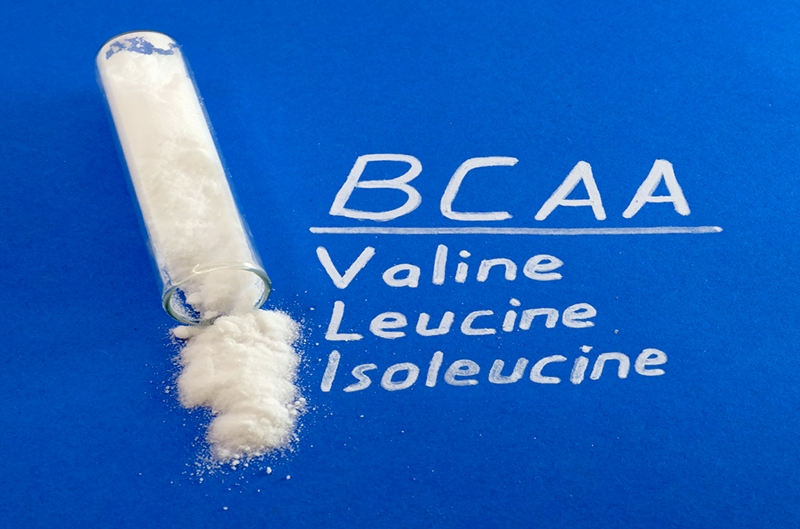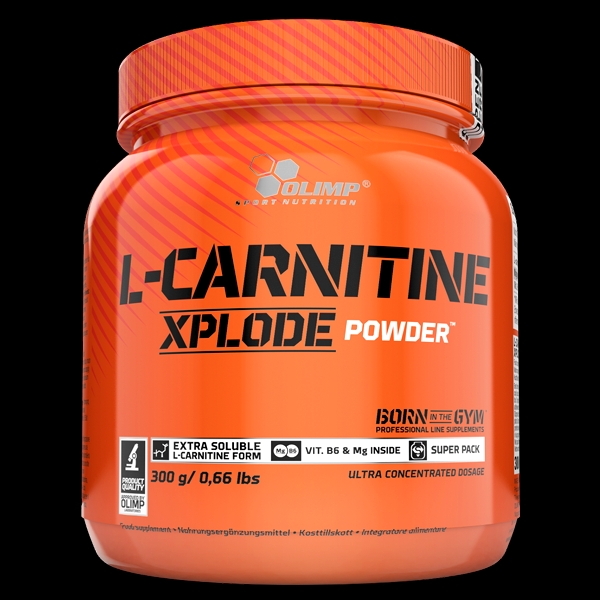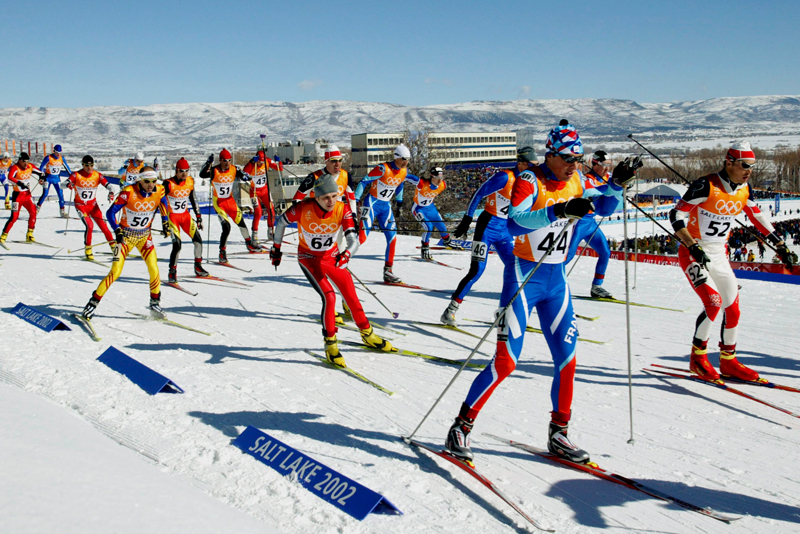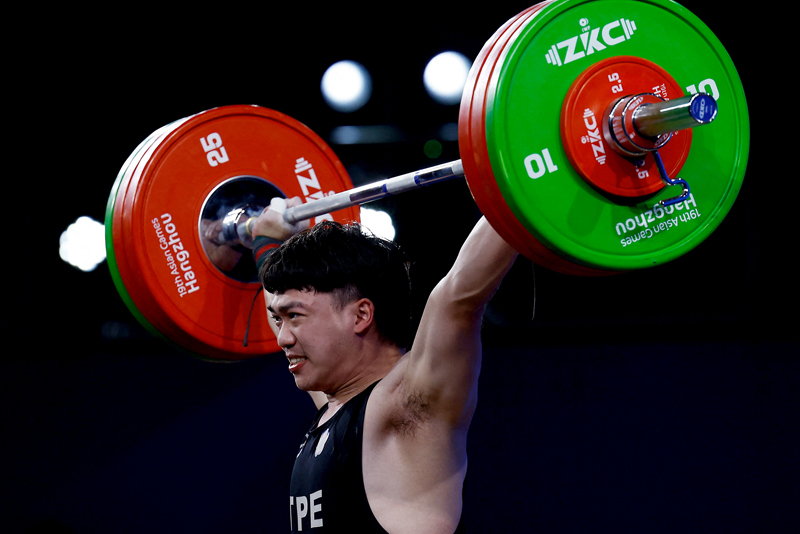You are viewing 1 of your 1 free articles. For unlimited access take a risk-free trial
Amino acid supplements: should you branch out for performance?

Cast your mind back to schooldays biology and you'll probably recall that amino acids are the body's fundamental protein building blocks. This of course makes them extremely important (when ingested in high-protein foods such as fish, meat, milk and cheese, nuts, seeds etc) for the maintenance and repair of muscle tissue. However, many amino acids have other actions in the body – especially when taken singly, and in relatively large amounts. For example, some like tyrosine and tryptophan are intimately involved in brain chemistry. Others can influence metabolic processes in the body – for example, arginine and citrulline are known to help fight the build up of fatiguing ammonia in the muscles during intense exercise.
Because we now know that the brain plays a large role in the perception of fatigue during exercise, some researchers have wondered if taking certain amino acids prior to exercise could reduce perceived fatigue and boost exercise performance. For example, when taken in relatively large amounts, the branch chain amino acids (BCAAs) can out-compete the uptake of tryptophan into the brain. Because tryptophan is converted into the brain chemical serotonin, and because higher levels of serotonin during exercise are associated with fatigue, the theory is that BCAAs could boost performance by reducing perceived fatigue. But is this theory correct?
Pre-exercise BCAAs
To test this theory, scientists have investigated the effects of ingesting pre-exercise BCAAs on athletic performance. In one study, researchers looked at the effects of BCAAs (to reduce perceived fatigue) combined with two other amino acids (arginine and citrulline) on 5,000m and 10,000m running performance [J Sports Sci Med. 2016 15(3):509-515. eCollection 2016]. As mentioned above, arginine and citrulline are known to be involved in combating the build up of muscle ammonia during intense exercise, which if unchecked, increases fatigue; the combination of arginine/ citrulline and BCAAs constitutes a kind of ‘double-whammy’ approach. On two separate occasions, the ten endurance runners ran a 5,000m run followed by a 10,000m run the next day. In other words:- *Day 1 – 5,000m with amino acid supplementation
- *Day 2 – 10,000m with amino acid supplementation
- Then on another occasion
- *Day 1 – 5,000m without amino acid supplementation (placebo supplement)
- *Day 2 – 10,000m without amino acid supplementation (placebo supplement)
What they discovered
The results showed that when the runners took pre-exercise BCAAs and arginine/ citrulline, they ran significantly faster. For the 5,000m run, the average time improved from 18mins 20secs to 17mins 45secs. In the 10,000m run, average time improved from 39mins 35secs to 38mins 12secs. Despite their faster times in the amino acid trials, the runners reported similar levels of perceived exertion, suggesting that the theory behind the use of pre-exercise BCAAs has real merit.Implications for athletes
The first thing to say is that this particular study cited is just one, with a relatively small number of subjects. Larger-scale studies are needed before we can be certain of any benefits of pre-exercise amino acids in endurance athletes. That said, gains in performance of around 3-4% in already trained runners are impressive. Moreover, the fact that perceived exertion remained unchanged, and blood levels of ammonia were lower in the amino acid trial suggests that there’s something in the theory and this ‘double-whammy approach. Furthermore, recent research supports the findings from the running study; Studies on handball playersPLoS One. 2015 Mar 24;10(3):e0121866, tennis playersScand J Med Sci Sports. 2017 Sep;27(9):935-944 and taekwondo athletesJ Int Soc Sports Nutr. 2016 Jul 13;13:28 have all found that pre-exercise BCAA supplementation lowers perceived exertion and subsequent fatigue. If you’d like to experiment for yourself, some practical suggestions are given below.
PRACTICAL SUGGESTIONS
- *BCAA supplements are relatively inexpensive and readily available from sports supplement retailers. Buying in a pure powder form is much cheaper than capsule form. The downside however is the taste, which will need disguising in a flavoured drink to make it palatable!
- *Early studies have shown that using 3-5g of BCAAs before exercise is probably ineffective for boosting short-term performance. To experiment using the protocol above, you will need around 12 grams taken one hour before exercise.
- *Citrulline is converted to arginine in the gut after 60-90 minutes. Moreover, it is cheap, inoffensive tasting, easily dissolved in drinks, which makes it a good single supplement option if you don’t want to stretch to an arginine/citrulline option. Instead of 0.05 grams per kilo of each (around 3-4 grams of each), you could try using 6-8 grams of pure citrulline instead, taken at least one hour before exercise (along with BCAAs).
Newsletter Sign Up
Testimonials
Dr. Alexandra Fandetti-Robin, Back & Body Chiropractic
Elspeth Cowell MSCh DpodM SRCh HCPC reg
William Hunter, Nuffield Health
Newsletter Sign Up
Coaches Testimonials
Dr. Alexandra Fandetti-Robin, Back & Body Chiropractic
Elspeth Cowell MSCh DpodM SRCh HCPC reg
William Hunter, Nuffield Health
Keep up with latest sports science research and apply it to maximize performance
Today you have the chance to join a group of athletes, and sports coaches/trainers who all have something special in common...
They use the latest research to improve performance for themselves and their clients - both athletes and sports teams - with help from global specialists in the fields of sports science, sports medicine and sports psychology.
They do this by reading Sports Performance Bulletin, an easy-to-digest but serious-minded journal dedicated to high performance sports. SPB offers a wealth of information and insight into the latest research, in an easily-accessible and understood format, along with a wealth of practical recommendations.
*includes 3 coaching manuals
Get Inspired
All the latest techniques and approaches
Sports Performance Bulletin helps dedicated endurance athletes improve their performance. Sense-checking the latest sports science research, and sourcing evidence and case studies to support findings, Sports Performance Bulletin turns proven insights into easily digestible practical advice. Supporting athletes, coaches and professionals who wish to ensure their guidance and programmes are kept right up to date and based on credible science.












